This toolkit, created through the DIVERSIFAIR Erasmus+ project, aims to provide an introduction to understanding and addressing intersectional bias in AI. While it highlights foundational concepts, key risks, and emerging strategies, it also sets the stage for more detailed tools and practical resources, which will be developed and refined in the future.
The primary objectives of this kit are to:
- Raise awareness about intersectional bias in AI and its implications for businesses and society.
- Provide actionable strategies for identifying and mitigating bias in AI systems.
- Demonstrate how fairness and inclusivity in AI can enhance brand reputation, increase market share, and ensure compliance with regulatory frameworks.
The development of this kit was informed by interviews and focus groups with members of the AI community and the industry sector, offering practical insights tailored to the challenges and opportunities faced by businesses today. Find out more about the development of the DIVERSIFAIR kit here.
While this version is tailored for the industry sector, additional kits targeting the policy and the civil society sectors have also been developed under the DIVERSIFAIR project.

